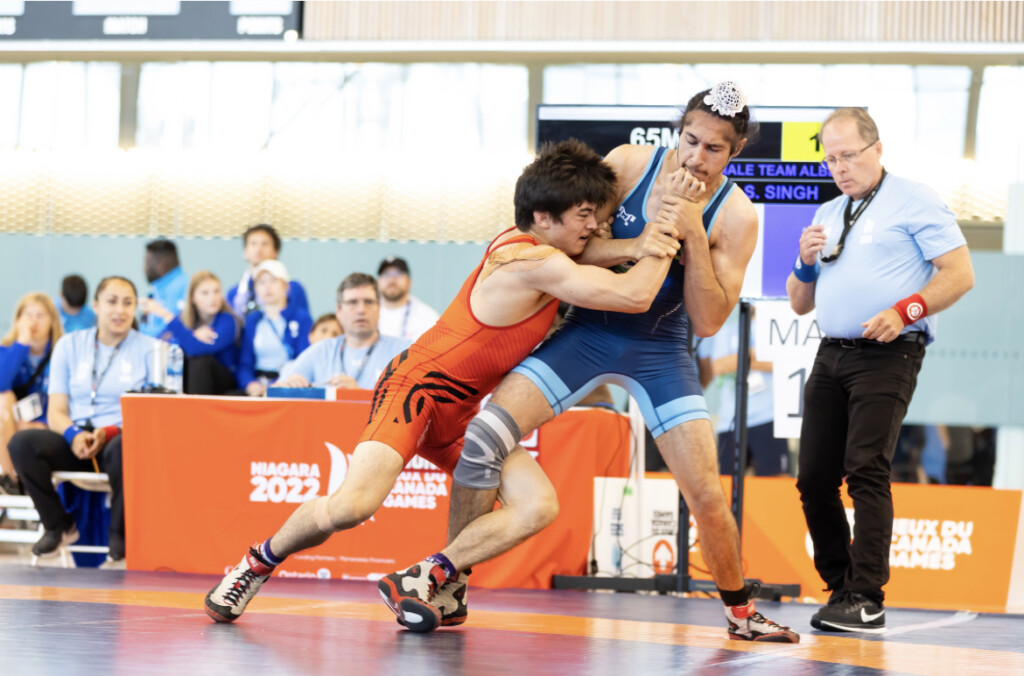Ecological alternatives for protein
While many popular protein sources for athletes exist such as red meats and chicken, there is a growing need for more ecological sources of protein. Insect-based protein could be a game-changer in athletes’ nutrition, offering a potential alternative to traditional supplements.
Help-seeking for mental health
This study showed that female athletes exhibited more positive attitudes towards seeking help and held higher expectations regarding counseling compared to male athletes. These findings shed light on potential gender-related disparities in the perception of mental health support in sport, emphasizing the need for tailored approaches to adapt to the diverse needs of athletes.
Inclusive policies
Many trans athletes report negative experiences in sport. A contributing factor is a lack of sport policies addressing trans inclusion. Accordingly, researchers have highlighted the need for sport organizations to develop inclusive policies that are created and updated based on research.
Visibility of girls and women
Increasing the visibility of girls and women in program advertising can help demonstrate that your organization is inclusive. Research shows that it is important that imagery includes girls and women of different backgrounds and body shapes and sizes to help ensure that all women and girls can picture themselves participating in your sport.
Would you pay to offset your carbon footprint in sport?
A study of professional athletes’ willingness to pay for offsetting greenhouse gas emissions reveals a promising intersection between sports participation and environmental sustainability efforts with a majority of participants showing readiness to financially support green initiatives. Key strategies include raising environmental awareness, demonstrating event sustainability, leveraging social influence, and collaborating with environmental organizations. These strategies…
How much sleep do high performance athletes need?
Elite or high-performance athletes often demand an immense focus on health factors outside of sport, such as nutrition and recovery. A recent study conducted on male and female high-performance athletes found that approximately 8.3 hours of sleep were necessary to feel rested. Despite this, an overwhelming majority, 71%, fail to meet this requirement.
Balancing Act: Navigating weight cutting in sports for athlete well-being

Weight cutting in sport sounds harsh because it is. As a U19 national champion wrestler with international experience and a mixed martial artist, I have first-hand experience losing weight in a short amount of time to compete in my desired category. And I can tell you that it is both mentally and physically daunting. My…
Post Traumatic Stress Disorder in elite athletes
Mental health and mental health disorders affect people from all walks of life. Elite athletes face unique challenges in dealing with Post Traumatic Stress Disorder (PTSD), with an estimated 1 in 8 experiencing this condition. This recent study explores the complexities of diagnosing and treating PTSD in athletes, highlighting best practice models for mental health…
Does massage therapy impact sport performance?
Massage therapy is a highly popular practice among modern athletes, ranging from the community to professional level. Despite its popularity, a recent study found that its application had no significant negative or positive effects on motor performance, except for enhancing flexibility. However, there may still be benefits for various psychological states, including decreases in depression,…
Napping and increased performance
Sleep plays a crucial role in all aspects of activity, particularly in sports. A recent study on 291 adult male participants revealed that combining a regular night of sleep with a nap resulted in enhanced cognitive and physical performance, as well as reduced perception of fatigue.